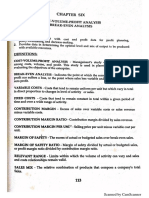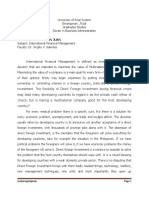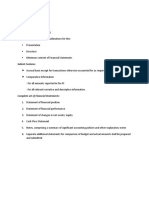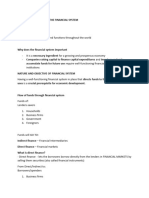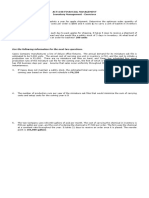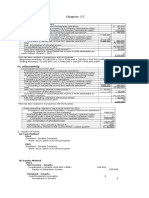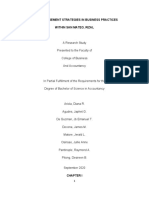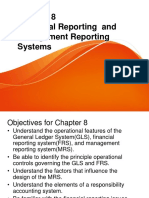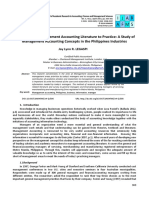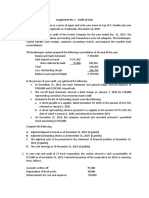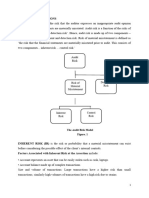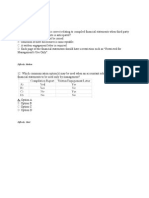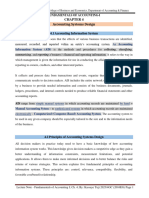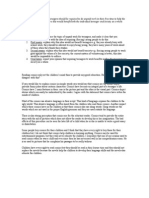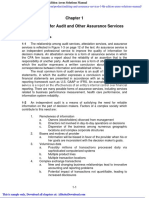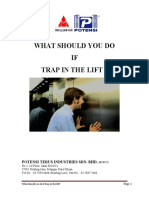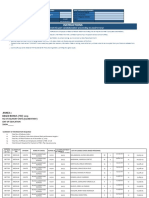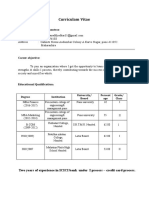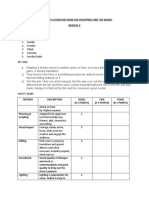0% found this document useful (0 votes)
564 views1 pageFive Basic Principle of Ais
The document discusses 5 basic principles of accounting information systems:
1) Control principle - there should be proper internal controls like monthly bank reconciliations and secure passwords to protect accounting information.
2) Relevance principle - information must be produced in a timely manner to be useful to management for decision making. Reports like dashboards provide summarized and relevant data.
3) Compatibility principle - the accounting system must match the company's structure, activities, and available resources. For example, banking software suitable for ATM transactions.
4) Flexibility - the system should adapt to changing needs, technologies, regulations and competition over time.
5) Cost-benefit principle - the cost of the accounting information system should not
Uploaded by
Korrine Angeli CaliguiranCopyright
© © All Rights Reserved
We take content rights seriously. If you suspect this is your content, claim it here.
Available Formats
Download as TXT, PDF, TXT or read online on Scribd
0% found this document useful (0 votes)
564 views1 pageFive Basic Principle of Ais
The document discusses 5 basic principles of accounting information systems:
1) Control principle - there should be proper internal controls like monthly bank reconciliations and secure passwords to protect accounting information.
2) Relevance principle - information must be produced in a timely manner to be useful to management for decision making. Reports like dashboards provide summarized and relevant data.
3) Compatibility principle - the accounting system must match the company's structure, activities, and available resources. For example, banking software suitable for ATM transactions.
4) Flexibility - the system should adapt to changing needs, technologies, regulations and competition over time.
5) Cost-benefit principle - the cost of the accounting information system should not
Uploaded by
Korrine Angeli CaliguiranCopyright
© © All Rights Reserved
We take content rights seriously. If you suspect this is your content, claim it here.
Available Formats
Download as TXT, PDF, TXT or read online on Scribd
/ 1

